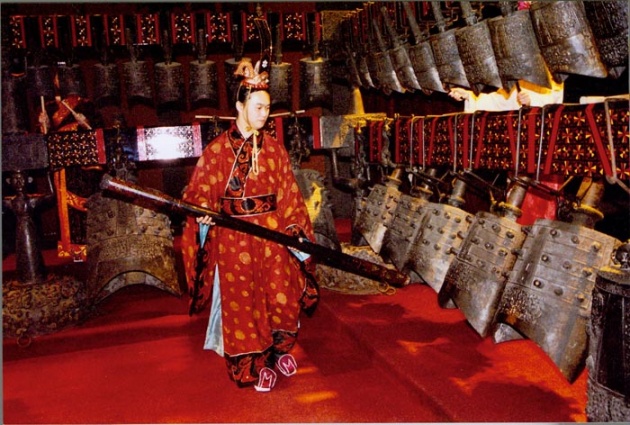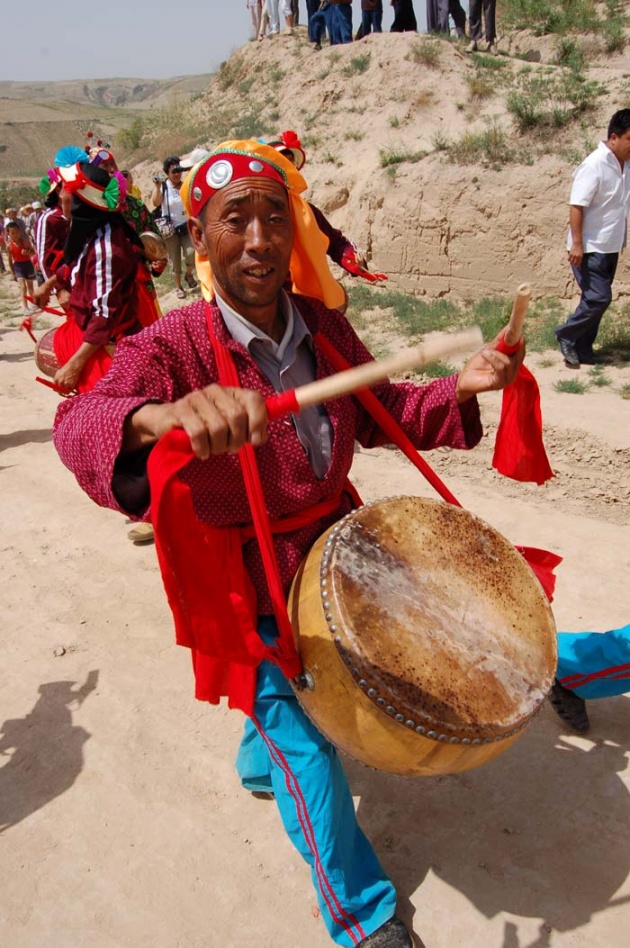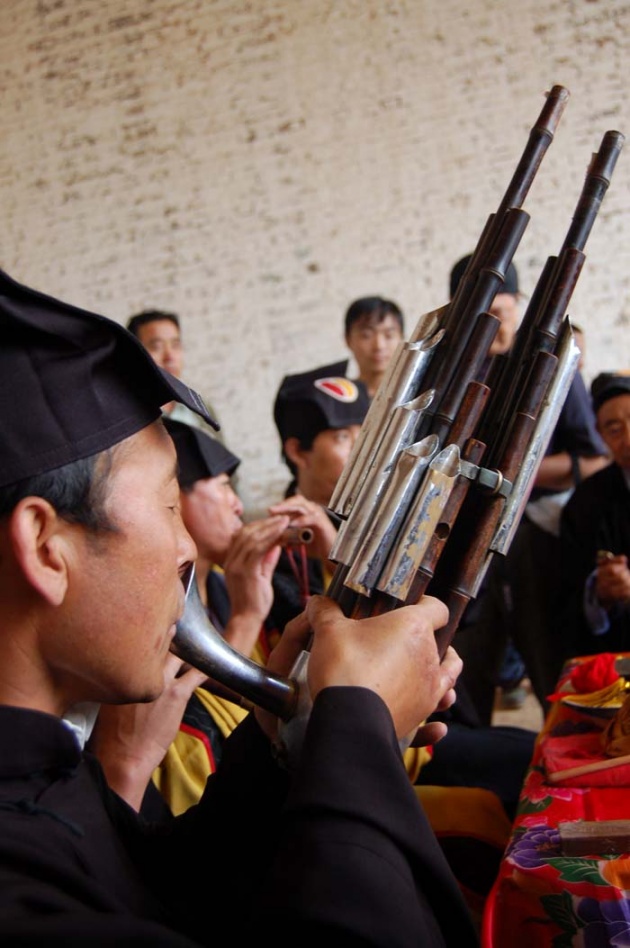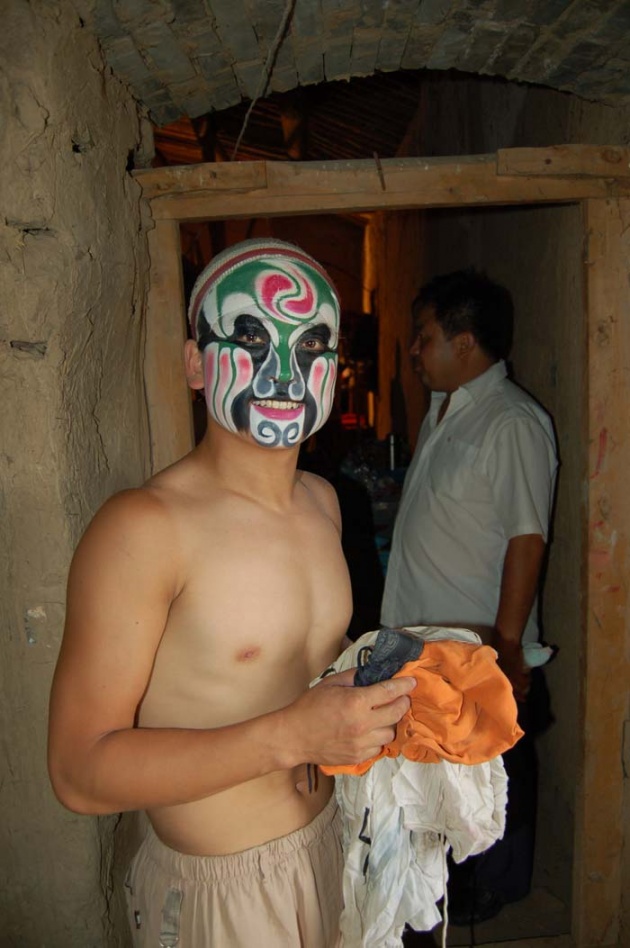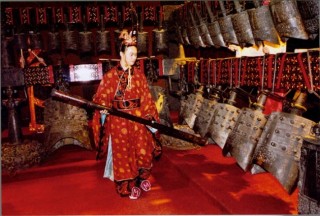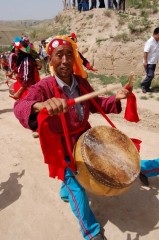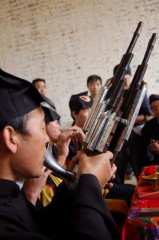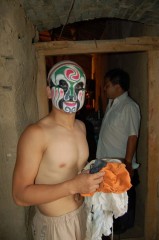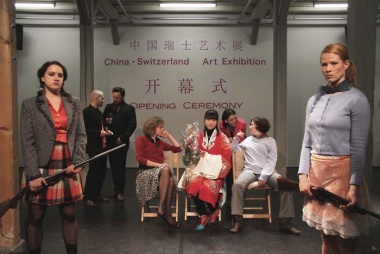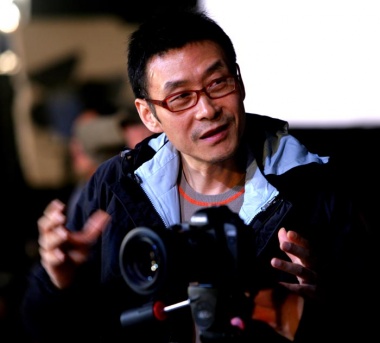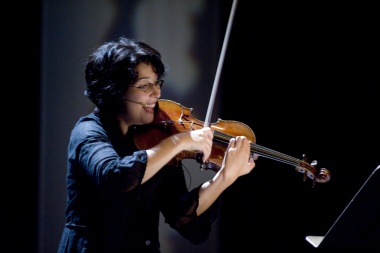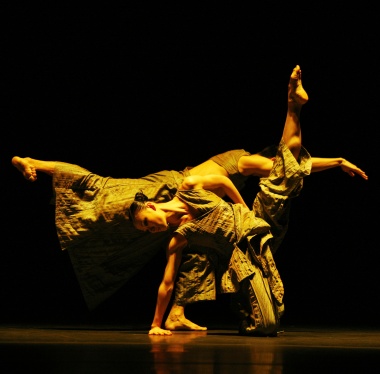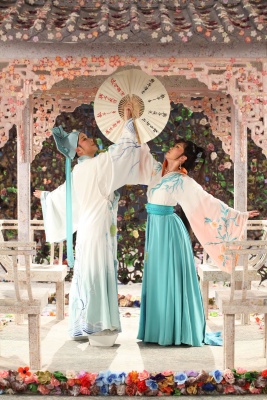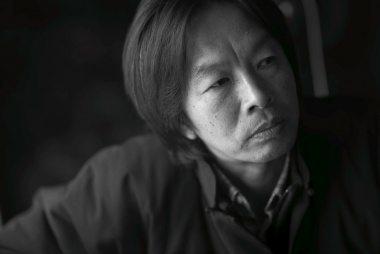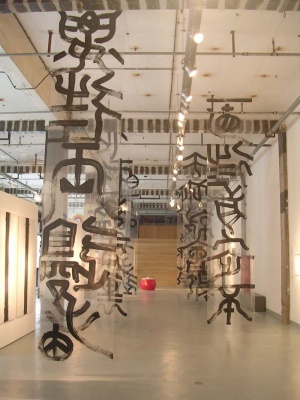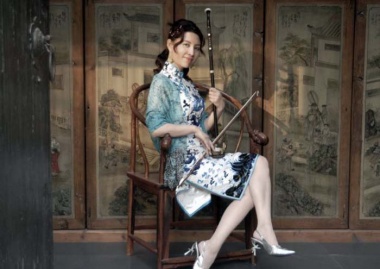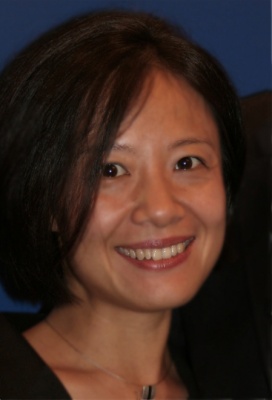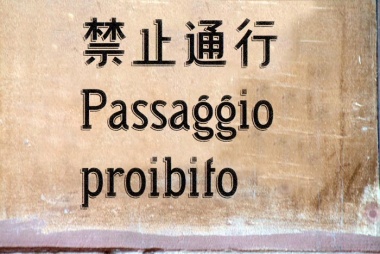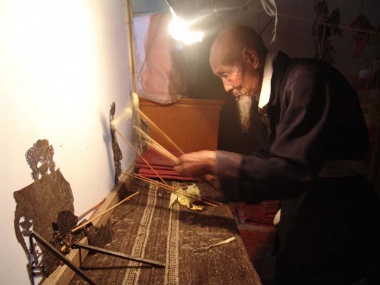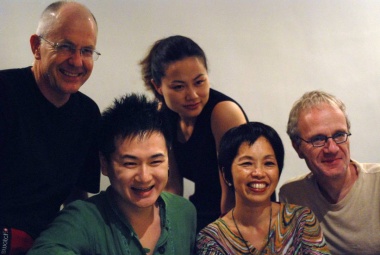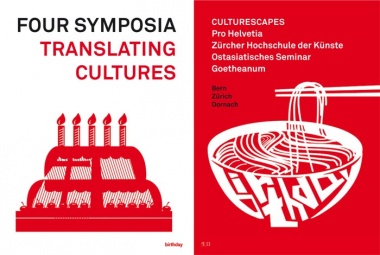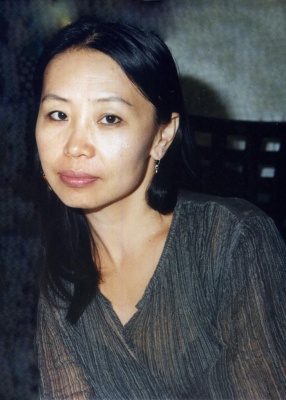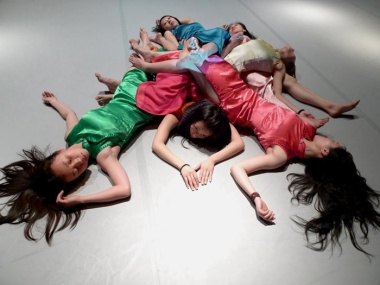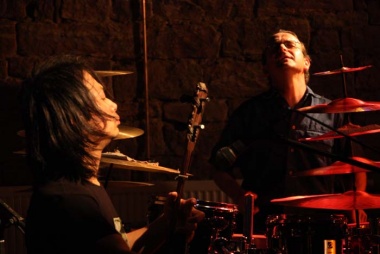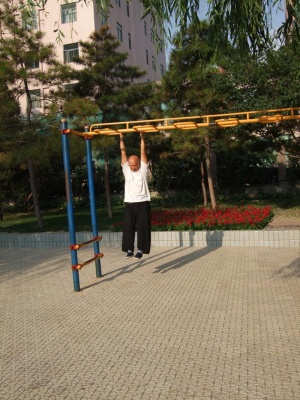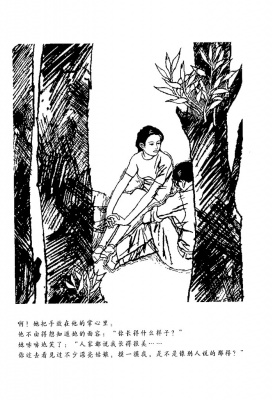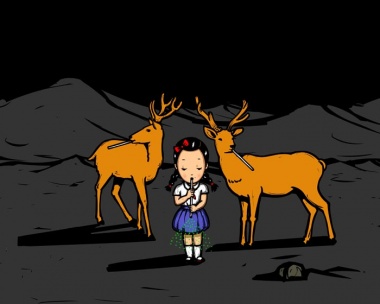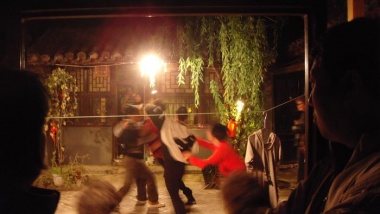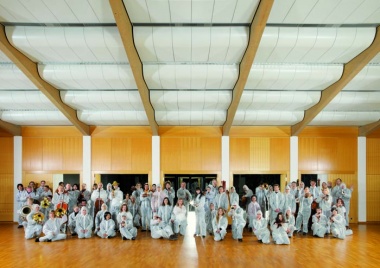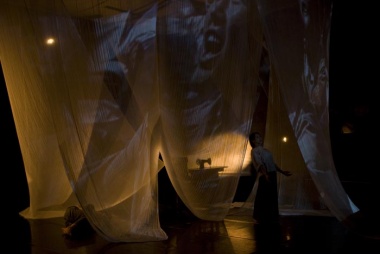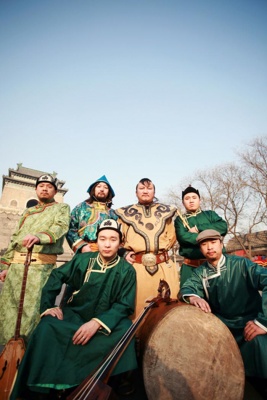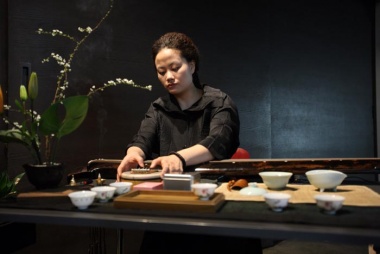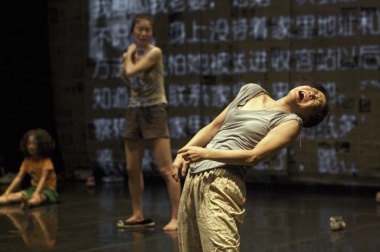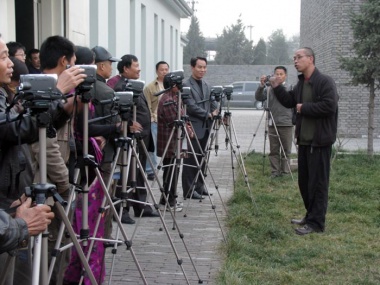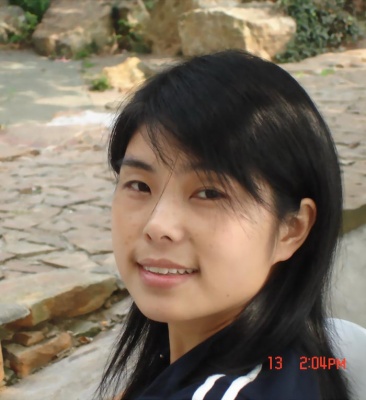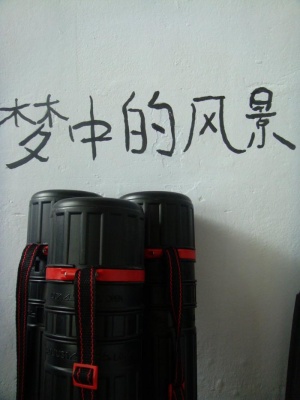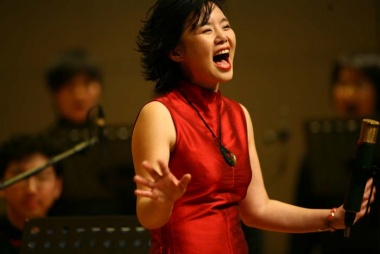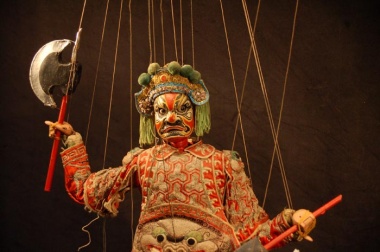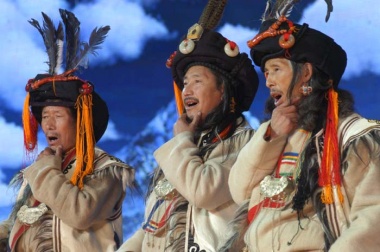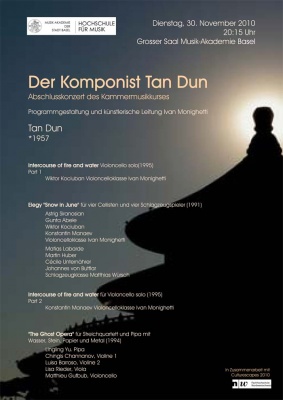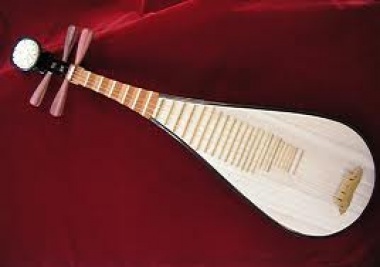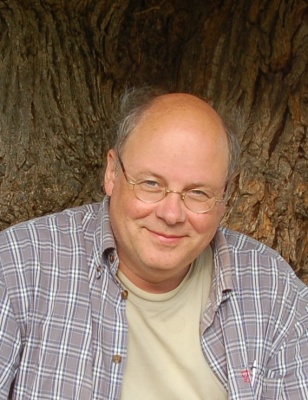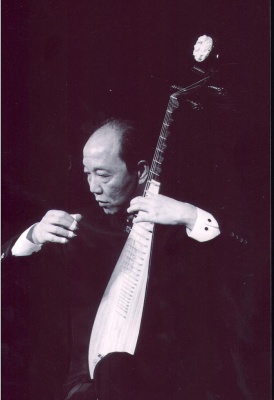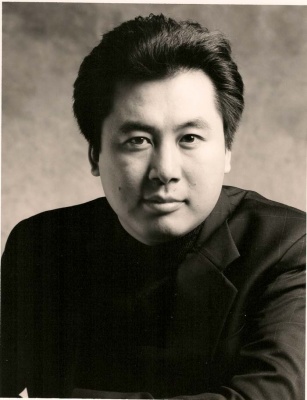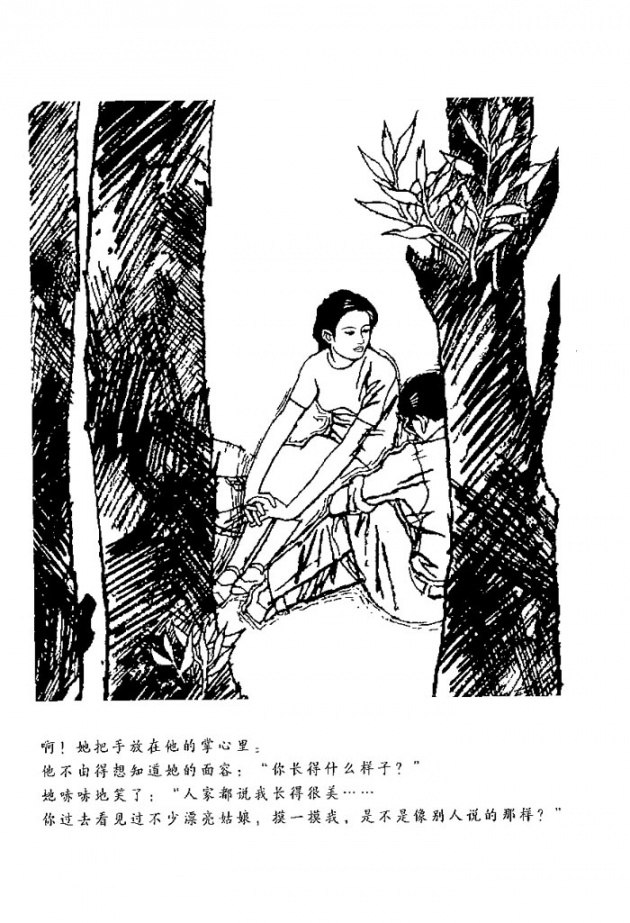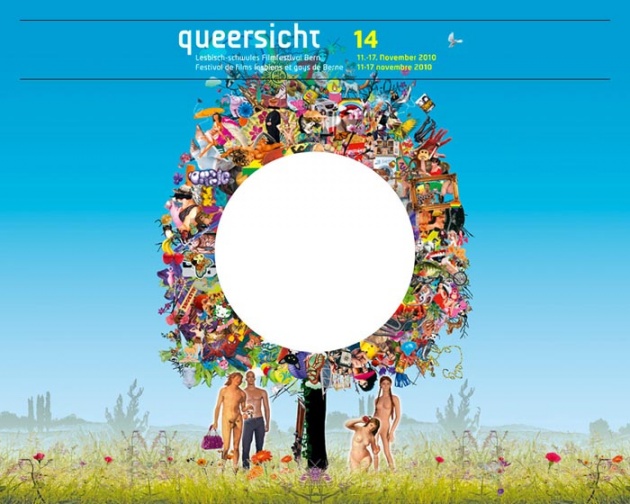How does musical theory in China and East Asia differ from musical theory elsewhere in the world? What are its unique contributions to culture and to musical performance? How can we meaningfully integrate theory and practice in the (many) cases where theory and performance practice clash? This is the topic of a scholarly meeting organized by CHIME, the European Foundation for Chinese Music Research.
The conference, featuring musicologists, anthropologists and historians, but also musicians, journalists and general fans of Asian music, will be held from 24 to 27 November at the Goetheanum in Dornach, in the framework of the Swiss festival Culturescapes.East Asian music cultures harbour a formidable panoply of theoretical writings on music, some dating back more than 2,500 years. Ancient books refer to music as a tool to address the gods in heaven and to obtain their blessings. Inscriptions on ancient bells and other musical instruments tell us about pitch systems in use, and throughout the centuries, theoreticians at Asian courts have been formulating rules and guidelines for 'correct' performance. The debate about a suitable 'national style' in Chinese music journals is on-going, with native musicologists attempting to indicate what should be preserved of tradition, and in what ways.In lecture, panels, films, workshops and concerts, the participants in this meeting will challenge existing concepts of Asian music theory and test them against musical practice. The aim is to answer specific questions such as: How has theorizing on music changed over time? What are its aims ? What accounts for the many discrepancies between musical theory and musical practice ? What sort of theorizing informs cultural preservation policies in the realm of Chinese and East Asian music today? What kind of theorizing (if any) is applied in the realm of pop music? Where does modern analytical music scholarship (inside and outside Asia) stand? The participants will look at the whole spectrum of East Asian music, from professional stage arts to rural and tribal music, from living music to genres of the past. The meeting is open to anyone with an interest in Asian music. The official language of the meeting will be English.More information on the programme can be found on the CHIME website at HTTP://HOME.WXS.NL/~CHIME
